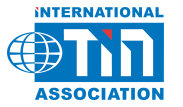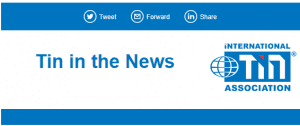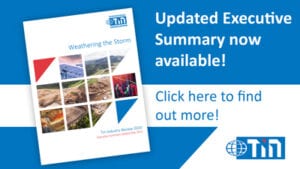Two Bloomberg reports this week have provided some insights into which companies are continuing to export tin in the current quarter and also play down earlier calls for the introduction of a quota system.
As previously reported, trade ministry data showed that 5,442 tonnes of refined tin was checked prior to export by trade ministry surveyors in October, despite the “halt” in sales called from the start of the month. Bloomberg reported that the five smelters responsible for this tonnage were PT Timah’s two plants in Bangka and Kundur plus three independent smelters: PT Refined Bangka Tin, PT Eunindo Usaha Mandiri and PT Singkep Timas Utama. The latter two operations are located in the Riau islands, and (as with Timah’s Kundur plant) outside the reach of the agreement reached by producers in Bangka-Belitung province which account for the great majority of Indonesian production.
Timah is continuing to ship tin to contract customers and at a public meeting on Monday its Commerce and Business Development Director Gatut Hari Prasetyo said the company plans to export about 4,000 tonnes per month in November and December. In the presentation Timah forecast that 2011 sales would be some 35,500 tonnes, implying sales of a little over 10,000 tonnes in the current quarter. President Director Wachid Usman said: “We believe demand remains strong. Our buyers haven’t reduced orders yet.” The company is predicting an annual average tin price of $23,000/tonne in 2012.
Meanwhile Johan Murod, general secretary of the country’s tin association, has told Bloomberg that a planned new physical tin market in Bangka-Belitung (Babel) can act to regulate trade. “A quota is ineffective and would be unfair for producers,” Murod said in an interview in Jakarta today. “It may limit their ability to do business. What we want is that all tin trade from Indonesia is managed through the Babel Tin Market. It will use a price mechanism to control exports.” Seven buyers have expressed interest in joining the Babel Tin Market, which will conduct physical trading of the metal and create a benchmark price for Indonesian tin, Murod said.


